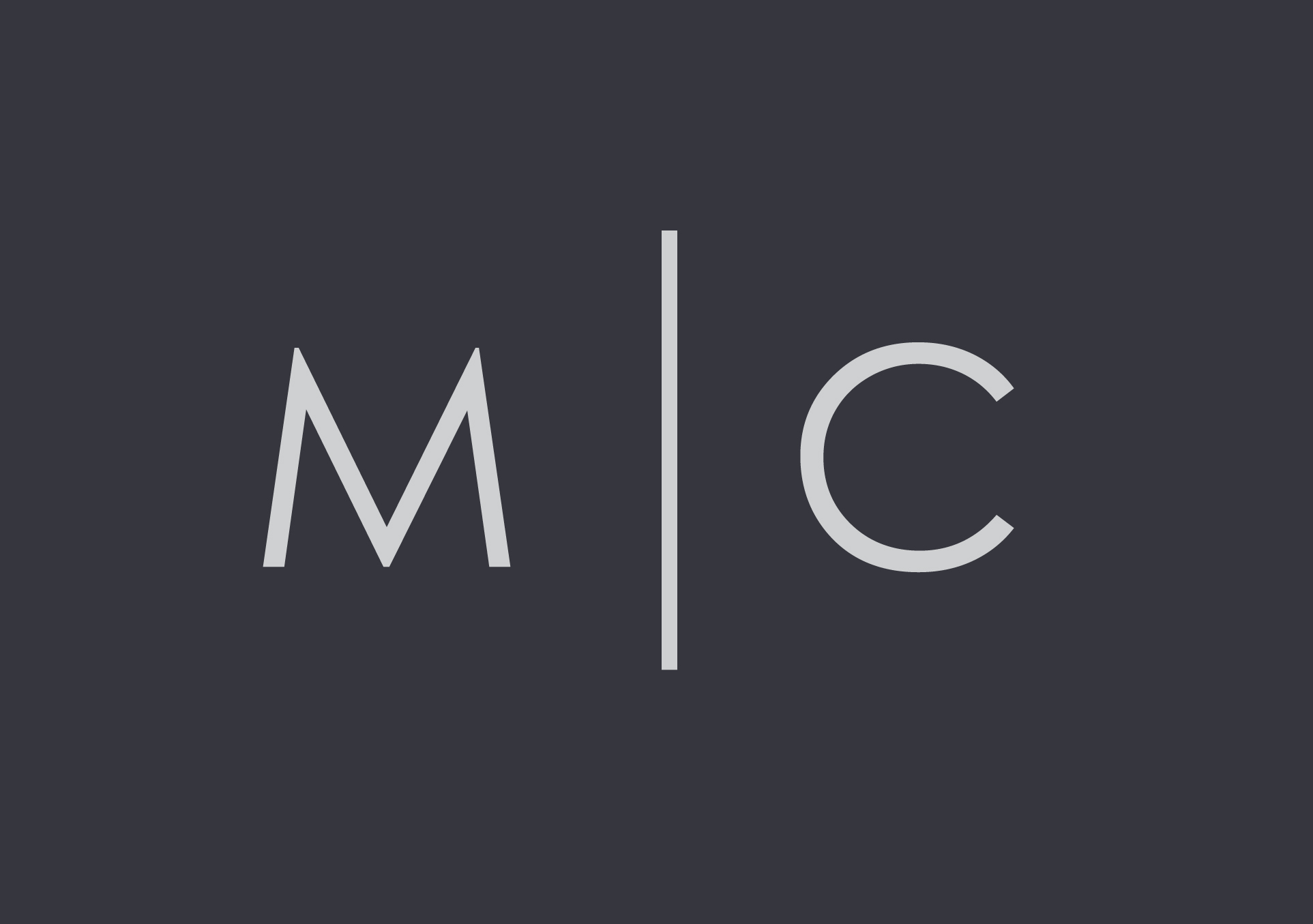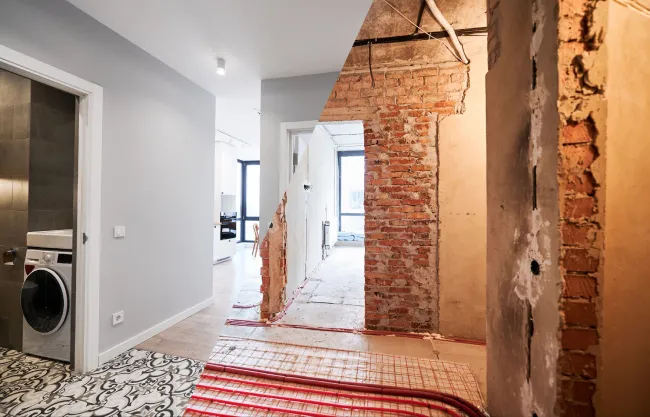Whether you are building a house from the ground up, are expanding an existing multifamily building horizontally or have other construction loan needs, it is imperative to understand your financing options. A construction loan specifically provides funding for a project until the construction is complete, and it is not a permanent loan. There are several construction loan options available to suit various needs and situations, and construction loan interest rates vary based on numerous factors. What are the current construction loan rates and what else should you know before applying?
How Do Construction Loans Work?
A construction loan provides funding for materials, labor and other related expenses while the commercial, mixed use or single-family home is being built. The funds are made available in stages based on the project’s progress. An inspector reviews the property as each stage is complete before the next disbursement of funds is released.
This is a short-term loan that must be paid off by the end of the term or after construction is completed. In some cases, the projected timeline and budget for a construction will project shift in the middle of the project, such as due to the delayed delivery of materials, weather conditions or other factors. While additional funding or a term extension may be available under special circumstances, this is offered on a case-by-case at the lender’s discretion.
The Difference Between Construction Loans and Traditional Mortgage Loans
A traditional mortgage is a long-term loan. The term length is commonly as long as 30 years. This permanent loan provides funding for the purchase or refinance of a developed property. The loan amount is typically based on the lesser of the sales price or property value.
A construction loan, on the other hand, may need to be repaid in two years or less, depending on the specific terms of the loan. The loan proceeds fund the construction of the property rather than an already-built property, and the loan amount is based on detailed specs for the construction cost. These costs cover the project’s labor and materials, various additional related expenses, and they are provided by a qualified builder or a licensed general contractor. While a traditional loan’s funds are disbursed in full at the time of closing, a construction loan’s funds are disbursed based on the project’s progress. Funds only become available when they are needed to proceed with the next stage of the construction project.
Types of Construction Loans
There are two main types of construction loans available to build a dream home or investment property. These are construction to permanent loans and standalone construction loans. Construction to permanent loans initially provide funding for the property’s development. After the construction phase, the loan converts to a traditional or permanent loan. This type of construction loan requires you to apply online once without taking additional steps to setup the permanent loan. Compared to a standalone construction loan, a construction to permanent loan is typically more affordable and has an easier loan process.
The other type of construction loan is a standalone loan. This loan exclusively provides funding for the construction project and does not convert to a permanent loan. As a result, the borrower is required to apply for a permanent loan separately to take out the construction loan.
Typical Construction Loan Terms
The typical term length for a construction loan is 12 to 18 months. However, some of these loans have a term length as short as six months or as long as 24 months. The actual term available to you is based on the scope of the project and the general contractor’s or builder’s timeline. The amount for your construction loan is normally based on a combination of LTARV (Loan To After Repair Value) and LTC (Loan To Cost). The maximum LTARV ranges between 65-70%. The maximum LTC ranges between 75-85%.
Construction Loan Rates in 2024
Monthly payments are required for your financing, so your construction loan rate directly affects your overhead during the construction. Interest rates in 2024 continue to fluctuate in response to changing market conditions, but a rate lock is sometimes available to secure your interest rate. With an adjustable rate loan, the rate is locked for a predetermined period of time before it resets based on the terms of the loan. Fixed rate construction loans are also available. The current loan rates for construction financing range from 9.5% to 11.99%. The specific interest rate for your construction loan is based on market conditions, your qualifications and other factors that will be reviewed by the underwriter.
Construction Loan Payments
Whether you are preparing to build a home or an investment property, the monthly payment for your construction loan requires careful consideration. If you are building a home, you likely will have your current home’s payment and the construction loan payment to contend with throughout the life of the loan. If you are developing an investment property, the construction loan payment will not be offset by rental income as the permanent loan might be after construction is completed. The lender will review your financial situation to ensure that you can manage making the construction loan payments.
Often, construction loans have interest only payments. In addition, the payment is based only on the funds that have been disbursed up to that point. As a result, the interest only payment on a construction loan will increase as the project progresses. The construction loan converts to a traditional or permanent loan, and you will then make principal and interest payments. The permanent loan payment could have an adjustable or fixed rate.
Closing Costs for Construction Loans
The closing costs for a construction loan are due upfront, and they can range between 3% and 5%, roughly. The set of closing costs may also include title policy insurance, escrow, courier, attorneys and others.
Qualifications for a Construction Loan Program
When applying for a construction loan, you must provide detailed plans for your construction project. While there are rare exceptions, construction projects must be completed by a licensed general contractor or a qualified builder. The lender will review your contractor’s or builder’s licensing and experience before approving your loan request.
Learn More Today
Are you actively searching for a construction lender for your investment property project? Perhaps you need more details about construction loans before finalizing your plans. Contact Macoy Capital today for full details about our construction loan rates and for assistance with your application.







